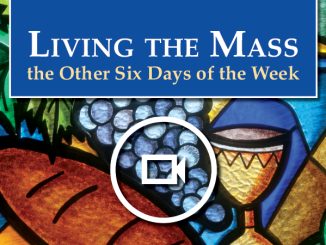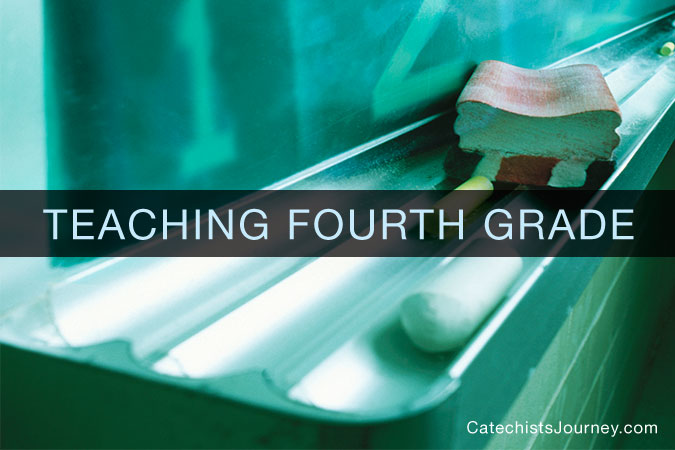
I remember once when I was teaching high school religion classes, I heard a knock at my door. It was a former student of mine who had returned to say, “Hi.” I gave my class some work to do and went to chat with the former student in the doorway for a couple of minutes. We caught up on where he was going to college and what careers he might be looking into. Then, he surprised me by recalling a particular class I taught when he was my student and how much of an impact it had on him, and he thanked me for making a difference in his life.
As he walked away, I thought to myself, “How about that? I had a good day five years ago!”
The truth is, we rarely know what kind of an impact we are having on those we teach, which is one of the challenging things about being a catechist or religion teacher. Sure, we can—and should—give occasional assessments to determine if those we teach are comprehending the concepts we are teaching, but that doesn’t necessarily mean that our teaching is impacting their lives.
This means that a huge part of being a catechist is trusting in God to touch the hearts and minds of those we teach. “Once in a blue moon,” we may get a glimpse of the impact we are having on those we teach. For the most part, however, we can only trust that the seeds we have sown have taken root and have flourished into a life of faith.
How do you handle this challenging aspect of being a catechist—not really knowing the impact we have on those we teach?





Be the first to comment